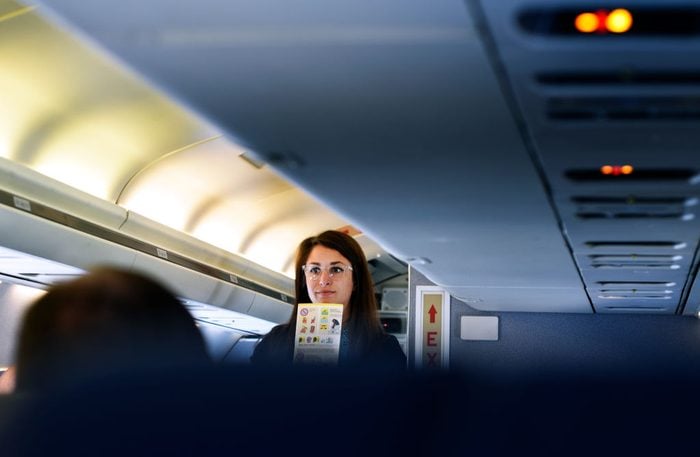
“Good intentions don’t always make good etiquette.” That’s the surprising truth many seasoned flight attendants will tell you. While most passengers board aiming to be courteous, some seemingly polite gestures can actually make a crew’s job harder-or even disrupt the smooth flow of a flight.
In today’s travel climate, where cabin space is tight and schedules are packed, it’s more important than ever to know what really helps-and what hinders. Flight attendants balance safety, service, and passenger comfort at 30,000 feet, so understanding the hidden pet peeves behind certain “helpful” acts can make you a better traveler.
Here’s a behind-the-scenes view of the habits that, though they may seem harmless enough, tend to irritate the crew-and what you can do instead to ensure your next flight is smooth sailing for all.
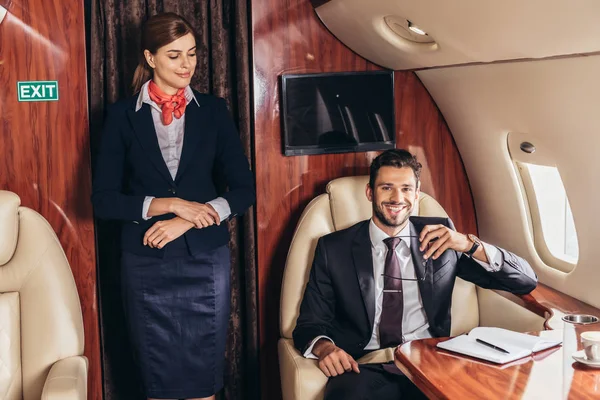
1. Rule Enforcer Play
At times, passengers will act to correct others-be it to buckle their seatbelt or put on a mask. While the intent is often to support the crew, this can add to tensions and even cause friction on board. Ethan S., an international flight attendant himself, explained that this kind of passenger policing has grown in line with the pandemic but rarely helps.
Instead, discreetly alert a crew member and let them handle it. They’re trained to manage infractions calmly and within airline protocol.
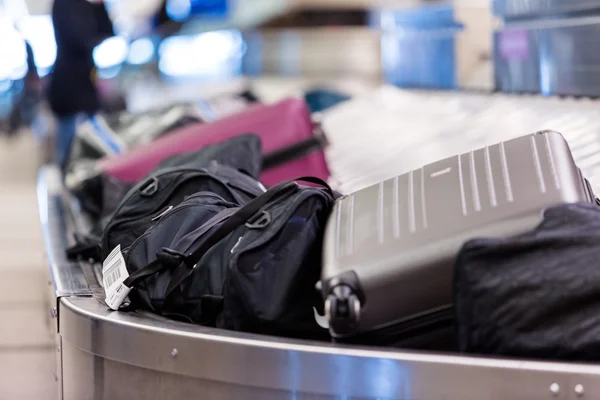
2. Reorganizing Overhead Bins
While offering to reorganize luggage so that it all fits might seem helpful, moving other people’s baggage only causes confusion and slows down deplaning. Erica L., a U.S. flight attendant, remembers how passengers remove bags they believe are oversized or “save” compartments, only to anger other passengers.
Best practice? Stow your own items quickly and leave the rest to the crew-they know how to maximize space without upsetting fellow travellers.
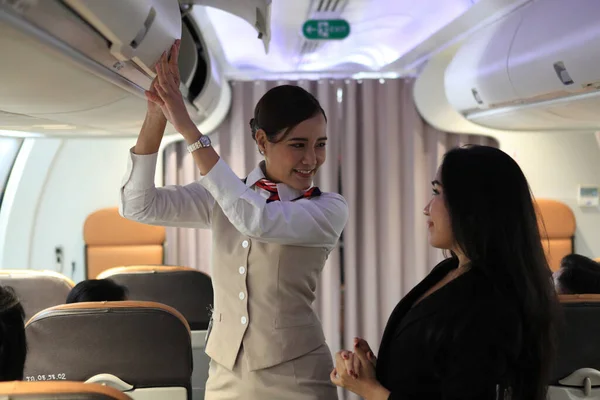
3. Touching to Get Attention
While a tug on the sleeve may be a friendly gesture compared to fingers in their face, most flight attendants prefer not to be touched at all. As Ethan S. succinctly puts it, “We’re not dogs!” Physical touch can be intrusive, especially in a professional setting.
Instead, use the call button or a soft verbal cue such as “Excuse me.” These approaches are effective, non-disruptive, and respect private space.
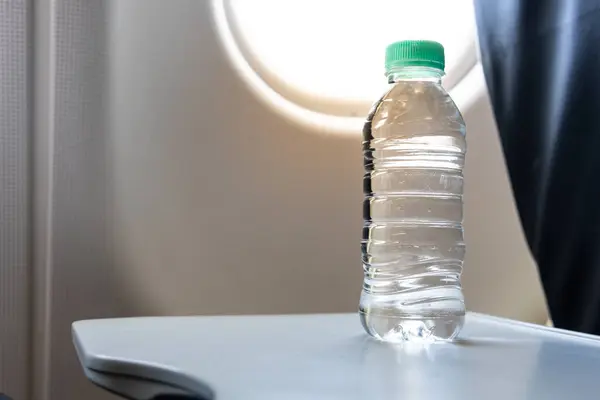
4. Asking for Large Water Refills
Although bringing a reusable bottle is eco-friendly, requesting a full refill, especially for oversized bottles, can strain limited onboard water supplies. With nearly 20 years of experience, Tania M. says catering caters to only a set amount; overfilling some passengers’ bottles means others are left with a shortage:
Fill up your bottle at the gate after security. During service, accept the standard cup size and top up later if supplies allow.
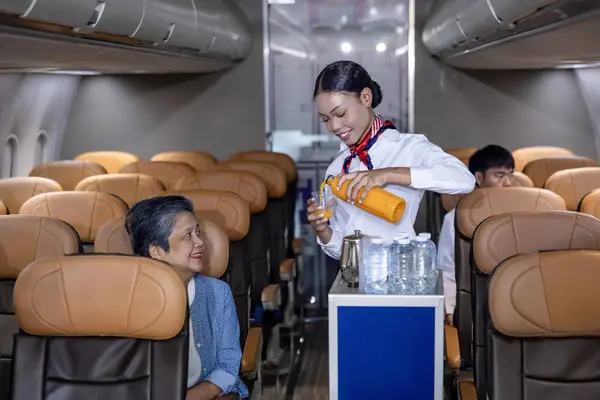
5. Helping Oneself from the Drink Cart
Of course, grabbing a beverage directly from the cart may save some time, but it disrupts the serving system of the crew and raises hygiene concerns. Tania warns it could bring about “chaos and confusion” among passengers. Instead, clearly state your order as it reaches you, then wait for the attendant to hand over to you.
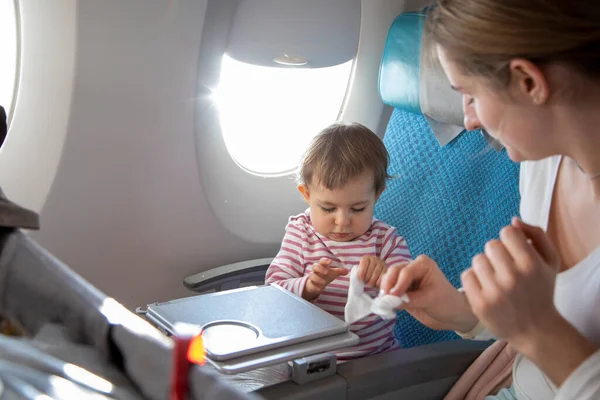
6. Handing Over Hazardous Waste
Giving a flight attendant a dirty diaper or a tissue to discard may seem like cleaning up, but it is hazardous waste. Mac A., who has been flying for 15 years, says bodily fluids should never be passed directly into crew hands.
Dispose of such items in the lavatory bin. For medical sharps, carry a TSA-approved container until proper disposal is possible.
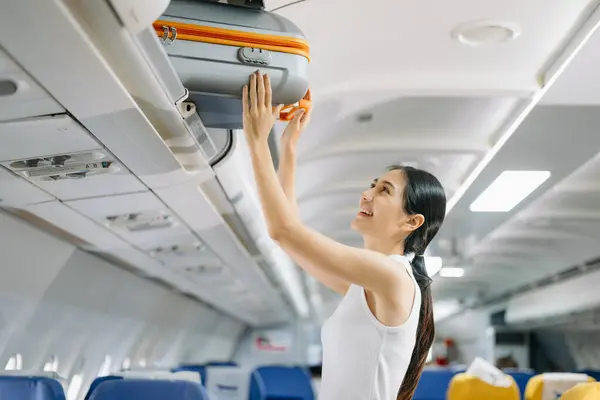
7. Overly Cautious Luggage Stowing
Extra time devoted to placing your bag “just right” delays boarding and annoys fellow passengers waiting. Erica remembers one passenger who insisted none other could touch it, and thus required a blanket buffer.
Have your luggage ready for boarding zippers zipped, straps nestled and stow it expediently. If anyone has fragile items, clearing that with the crew will save bin space.
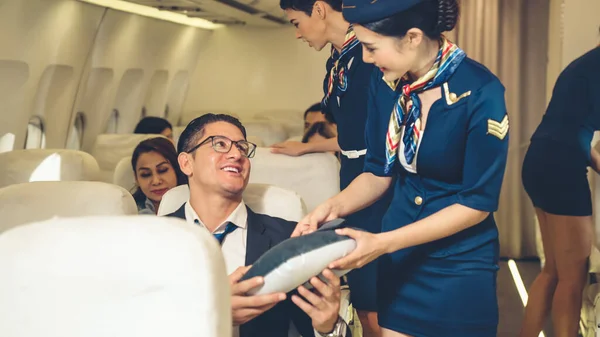
8. Calling Crew Just to Chat
Friendly conversation is not unwelcome, but repeatedly summoning attendants for non-urgent chitchat pulls them from critical duties. Ethan says that sometimes, passengers say they’re “keeping him from boredom,” unaware of the constant behind-the-scenes tasks. Save the call button for legitimate needs. If you need to talk to them, catch them in the aisle during quiet moments.
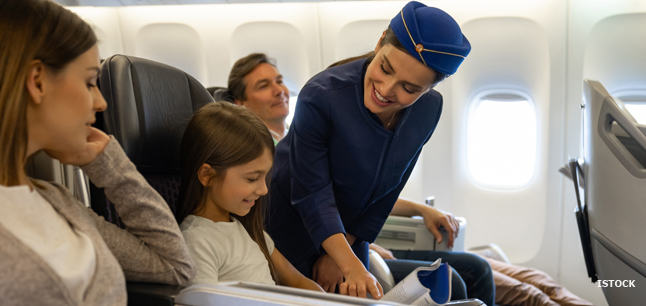
9. Using Terms of Endearment
Calling a flight attendant “sweetie” or “darling” may sound warm but often comes off as patronizing or flirtatious in a professional context. Tania calls it her “biggest pet peeve.” Stick with their name badge or a respectful “ma’am” or “sir.” Respectful address keeps interactions professional and comfortable.
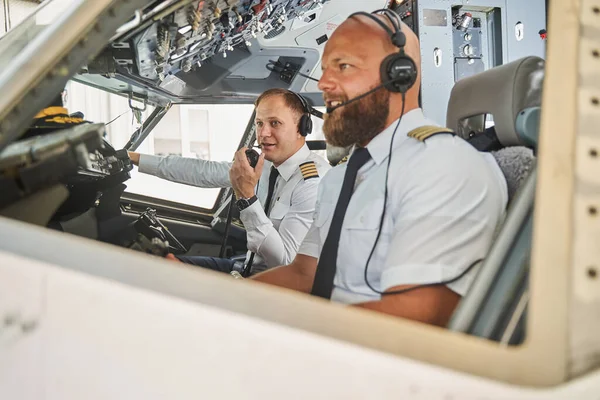
10. Thanking Only the Pilot
Complimenting the captain on a smooth flight is fine, but to ignore the crew who ensured passenger comfort and safety can sting. According to Erica, “It’s disheartening when passengers bypass attendants entirely.” Express appreciation as you get off to all staff. Even a smile or a “thank you” recognizes that everybody contributes. Politeness in the air is not just a matter of good manners; it’s about understanding the rhythm and responsibilities of the crew, too. By not adopting these well-meant but counterproductive habits, passengers will go a long way toward making life easier for flight attendants and create a calmer, friendlier cabin environment. The best etiquette? Respect boundaries, follow the crew’s lead, and show appreciation to everyone who gets you safely to your destination.


